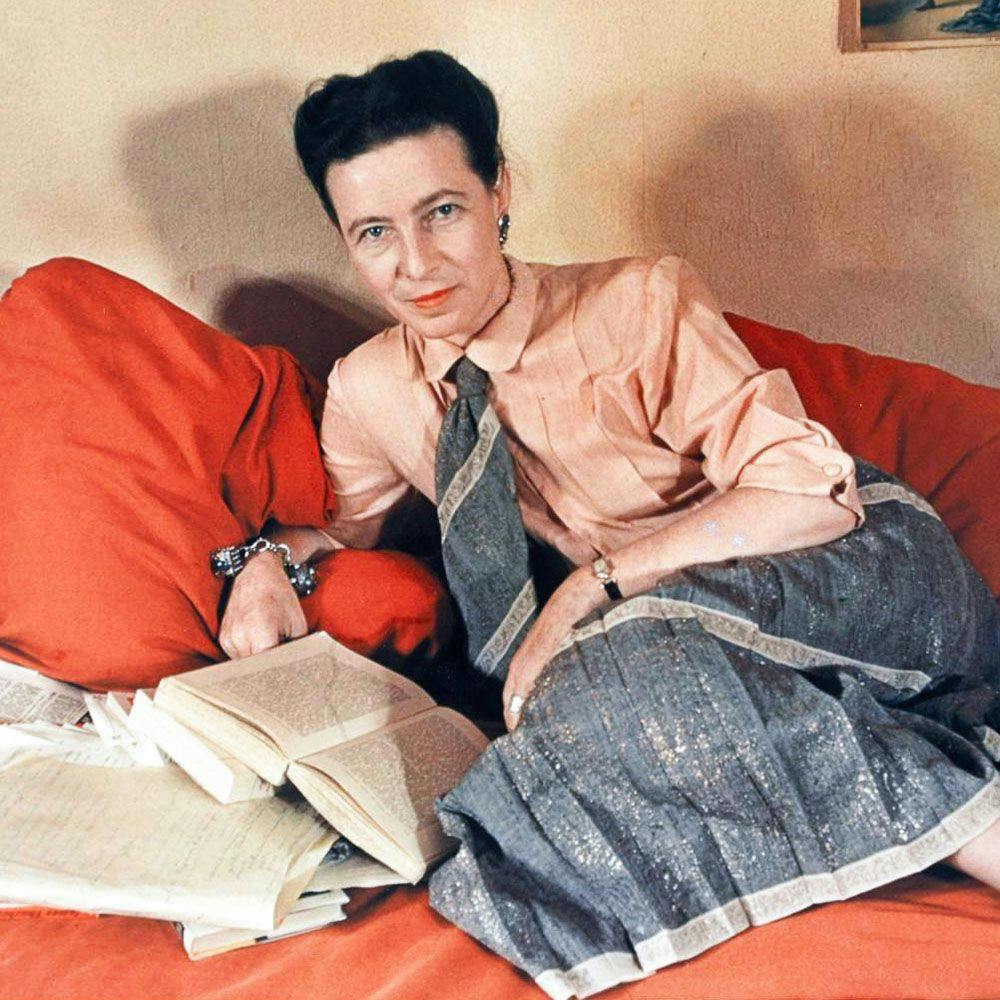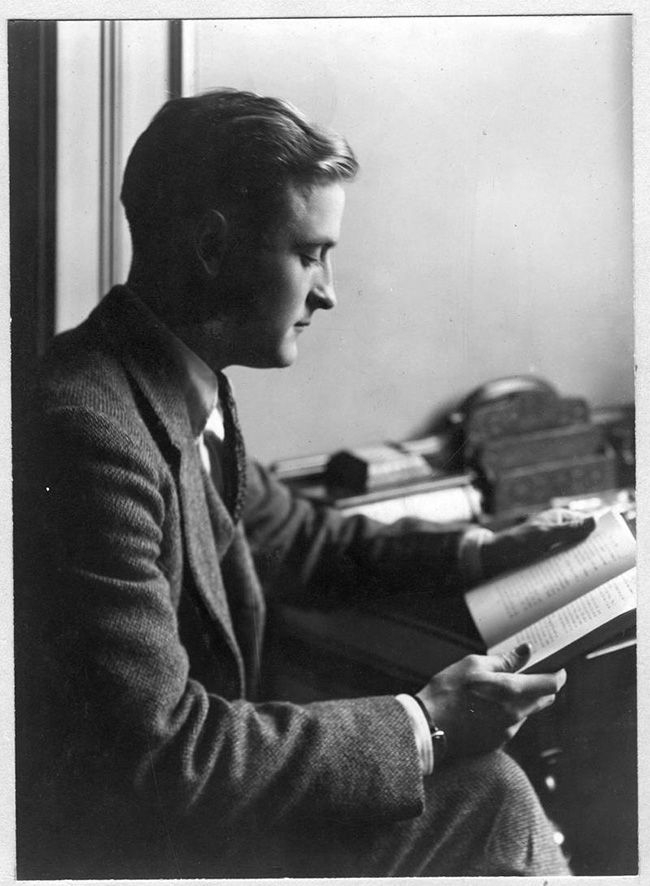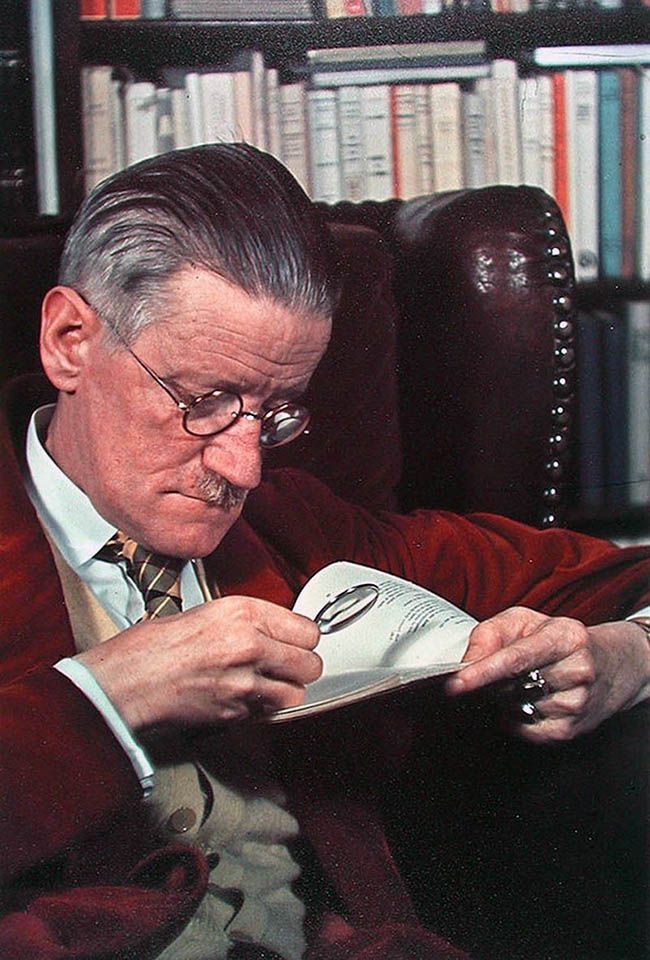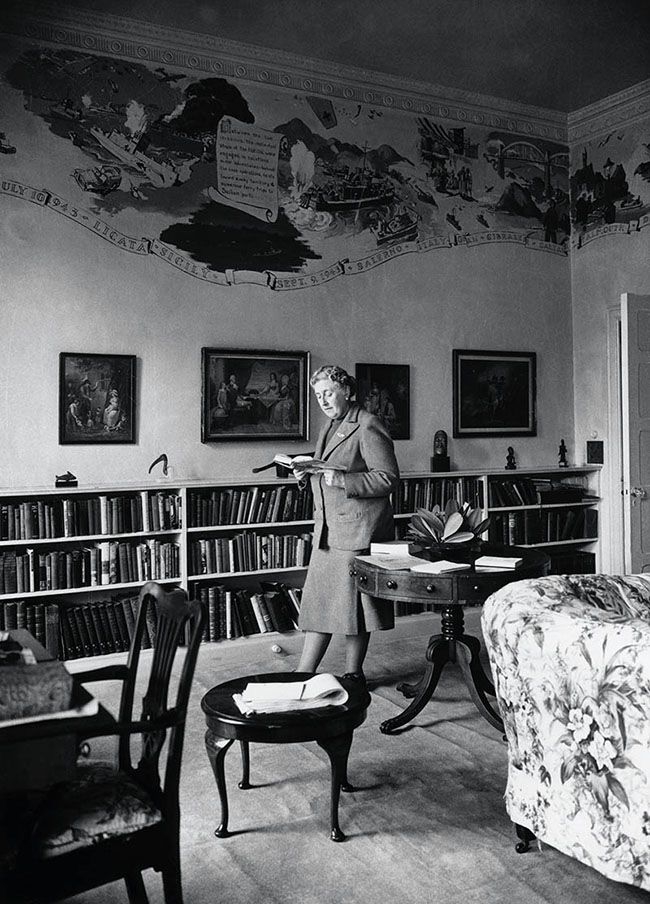Why do we read? Is it to seek a diversion from our everyday routine, or to ponder over some vital existential questions, or is it to simply have something to talk about with our friends? There is an abundance of reasons to choose the company of Donna Tartt over the latest Netflix series. The deeply captivating nature of some of these narratives can push all our anxieties aside. Meanwhile, the plot twists can sometimes speak for our own life story. At times, the leisurely pace of a narrative can be instrumental in lulling us to sleep.
George Sand has always referred to a book as her most eloquent and cool-headed counsel and consoler. Many readers would agree. Literary fiction can often help deal with difficult experiences and internal turmoil. Books offer entertainment, distraction, direction, resort in solitude and simply spice up our free time. Sounds like a pretty universal medicine for any kind of soul searching, doesn’t it? So, let us see how reading therapy actually works.
The oldest remedy
That fiction has a positive impact on mental health has been long known. A sign by the portals to the pharaoh Ramesses II’s library (around 1300 BCE) read: “The house of healing for the soul”. Ancient Greeks also noted the healing powers of poetic narratives. Comic playwright Aristophanes was convinced that his plays ought to be read by criminals in order to improve their character. Pythagoras used poems alongside herbs and music in his medical practice.
Medieval poet Francesco Petrarca recommended spiritual reading to “heal the soul”. A few centuries later, François Rabelais insisted on the ability of printed words to tackle physical ailments. In the introduction to his novel Gargantua and Pantagruel he appeals to his readers: “Good friends, my Readers, who peruse this Book, Be not offended, whilst on it you look: Denude yourselves of all depraved affection, For it contains no badness, nor infection.”
Bibliotherapy as a science
Medical treatment with fiction gained a formal footing in Europe in the 18th century. Miguel de Cervantes’ bestseller tracing the adventures of the ingenious hidalgo Don Quixote of La Mancha was a particular favourite amongst therapists at the time. To this day, bibliotherapists prescribe it as a restorative read for those struggling with melancholy and apathy.
The foundations of healing through literature were laid in Russia by Dr Iustin Diadkovsky in 1836. Another century later, his humorous short stories will be prescribed to residents of therapeutic rehabilitation centres all over the USSR. In the US, psychotherapists used fiction in their treatment of war veterans. No wonder Stefan Zweig referred to a book as a “healing drop of calm for those weary of the hustle and bustle of everyday life and the heart’s torments”.
Emergency literary aid
Speaking of bibliotherapy today, two key branches can be distinguished: a clinical one and an educational one. In the first case, we are speaking of reading treatment for healing a whole roster of diseases, from panic attacks to alcohol addiction. In this case a book can literally be called a medicine.
New experimental studies confirm that books and discussions around them help overcome a variety of ailments. Book clubs help overcome chronic pain and show demonstrative results in managing PTSD and depression on par with cognitive behavioural therapy. What is particularly valuable about bibliotherapy is that unlike antidepressants, the novels of Tolstoy and Flaubert have no side effects or contraindications.
Cure for a broken heart
No doubt, Dostoevsky’s sour potions and A. A. Milne’s healing ointments are no substitute for conventional medicine and physiotherapy. But they do come to our rescue when all else fails. There might not be a magic pill for healing a broken heart, dealing with loneliness or loss of a loved one. But over the centuries literature has accumulated a sound expertise in handling these issues and life’s other perturbations.
While books do not provide direct manuals for the best course of action, they do offer something much more valuable: support, comradery and a new perspective on the challenges we face every day. Identifying with the protagonist of a novel makes a reader feel less alone in their misfortunes. While empathising with the protagonists, they experience catharsis: an emotional release, the benefits of which were written about as long ago as Aristotle. At a safe distance from a traumatic situation, the reader can work through and analyse their own trauma.
Using a book as a mediator, some readers give themselves permission to live through the emotions they would have otherwise been unable to express in their daily life, be it melancholy or wrath. And even if you fail to relate to the feelings of a book’s protagonists, simply by observing their experiences you learn to understand other people and develop your emotional intelligence.
What to read?
When it comes to therapeutic books, the so-called self-help kind come to mind first. In reality, experts rarely use these in their work, as it is not the goal to provide readymade answers to life’s problems. Classic novels, memoirs and fiction are a much more common occurrence in bibliotherapists’ recommendations.
Detective stories train our intuition and debunk naïvety, whilst philosophical texts help accept the inevitable conflict between our internal and external world. There is a reason contemporary writer Irvin D. Yalom gave one of his truly psychotherapeutic novels its title - “The Schopenhauer Cure”.
Needless to say, the way fiction is perceived is highly subjective. We always tend to insert ourselves into the text, which by virtue of our differences results in different takeaways. For this reason, no bibliotherapist can guarantee the effectiveness of “The Sorrows of Young Werther” in rescuing you from the torment of unreciprocated love.
For a book to truly show its healing power, it needs to be customised to an individual reader, rather than their symptom alone. You have to be able to handle the suggested narrative, both in the psychological and literary sense. Age also matters. Whilst “Dandelion Wine” might be more beneficial for a teenage reader, “Fathers and Sons” is worth reading not only in school but also on the threshold of your forties.
Book recipe
In his book “The Consolations of Philosophy”, Alain de Botton suggests Schopenhauer for a broken heart, Seneca for distress and Nietzsche for misfortunes of any kind. Ella Berthoud and Susan Elderkin’s “The Novel Cure” recommends Virginia Woolf’s “The Waves” against high pressure, Henry James’ “The Portrait of a Lady” for anxiety and Fernando Pessoa’s “The Book of Disquiet” for insomnia. What would you say to an evening of “War and Peace” to relieve stress? How about turning to Kafka’s “Metamorphosis” in a moment of existential crisis?
As humorous as such recommendations might seem, bibliotherapists are convinced that several hours in the company of a captivating book are bound to make a difference. In some cases – even a complete cure; in others – consolation and support. And in all cases without exception, it will bring you a temporary relief, for there is nothing like some good story-telling to divert our attention from our worries and stimulate our imagination in a way that online browsing never could.
Next time you fall into melancholy or feel confused about your own feelings, grab a book. There you will find remedies for all sorts of ailments – from loneliness and idleness to boredom and anxiety – so long as these misfortunes are not too severe.
Reading helps direct our life, prioritise and broaden our horizons. By developing our ability to empathise, bibliotherapy makes us more tolerant and kind. And most important of all - be it Chekhov’s short stories or Mandelstam’s poetry, the Brontë sisters’ novels or Tove Jansson’s fairy-tales – literature helps us stay out of the gutter of everyday fuss. Books enrich our lives with depth and meaning, albeit given that these books are chosen well.



